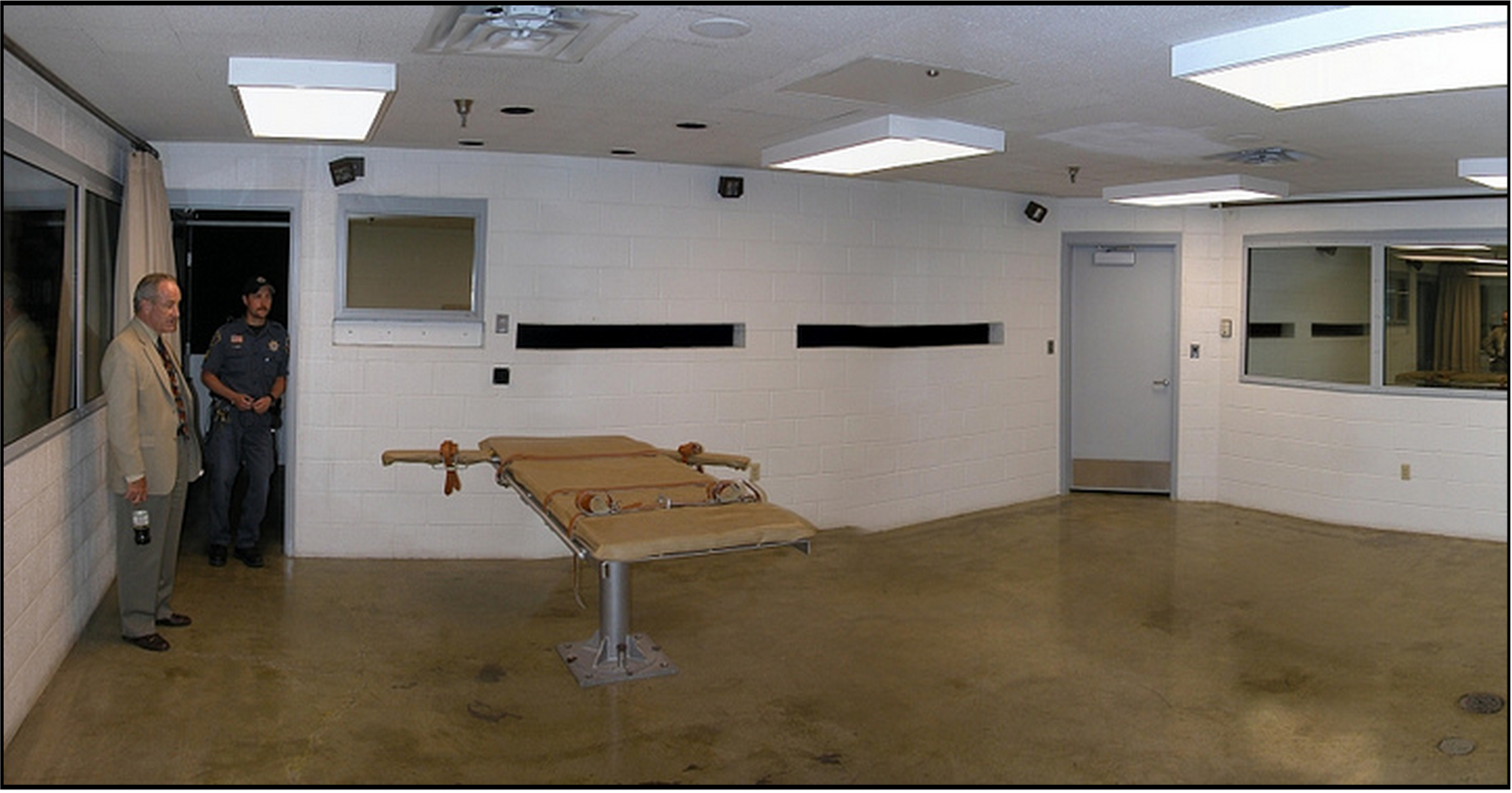The Surprising Financial Equation of Killing Prisoners
By:
Support for the death penalty has waned in recent decades, even among conservatives, who have traditionally backed it. And there are signs that the practice is continuing to lose popularity for a compelling reason that may not have much to do with morality or ethics: Money.
This week, Republican state Sen. Steve Urquhart of Utah — where there is strong support for the practice — said he is petitioning to repeal the death penalty, citing soaring costs. Each capital punishment case costs taxpayers in Utah about $1.7 million more than a case involving a life sentence, a panel of state lawmakers recently found.
In Missouri, another Republican-sponsored repeal initiative this week suggested that the money spent on death penalty cases — $166,000 per case, versus about $345 per non-death penalty case — might be better spent on other public safety needs, such as dealing with the backlog of rape kits and investigating unsolved murders.

The death penalty remains a prominent feature of the U.S. criminal justice system; its failings are underscored every now and then when someone such as 72-year-old Georgia man Brandon Astor Jones makes headlines for being the oldest person executed in the state.
Arguments against the death penalty sometimes center on the possibility of wrongful convictions.
But a potent new argument is emerging against the death penalty: the cost of killing someone versus the cost of other punitive measures, such as life in prison.

And conservative state lawmakers aren't the only ones highlighting the issue of excessive cost. A 2010 report from the U.S. Judicial Conference found that the cost of litigating one federal death penalty case between 1998 and 2004 was about $620,932, up from about $269,139 between 1989 and 1997 and about eight times the cost of a case in which the death penalty was not pursued.
The reason? Many expenses — attorney fees, hiring experts, dealing with changing legal standards, selecting and housing juries — are more costly in death penalty cases, according to the Marshall Project.
It's difficult to estimate the average cost of a death penalty case versus a non-death-penalty case because of the differences in federal and state laws and the details of a particular case. But state and federal research seems to point to the same conclusion: Litigating a death penalty case is consistently more expensive than not, costing taxpayers up to millions of dollars more annually.
An assessment of the death penalty's true costs can only bolster the trend away from the death penalty.
